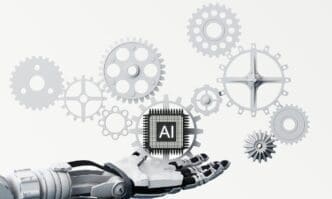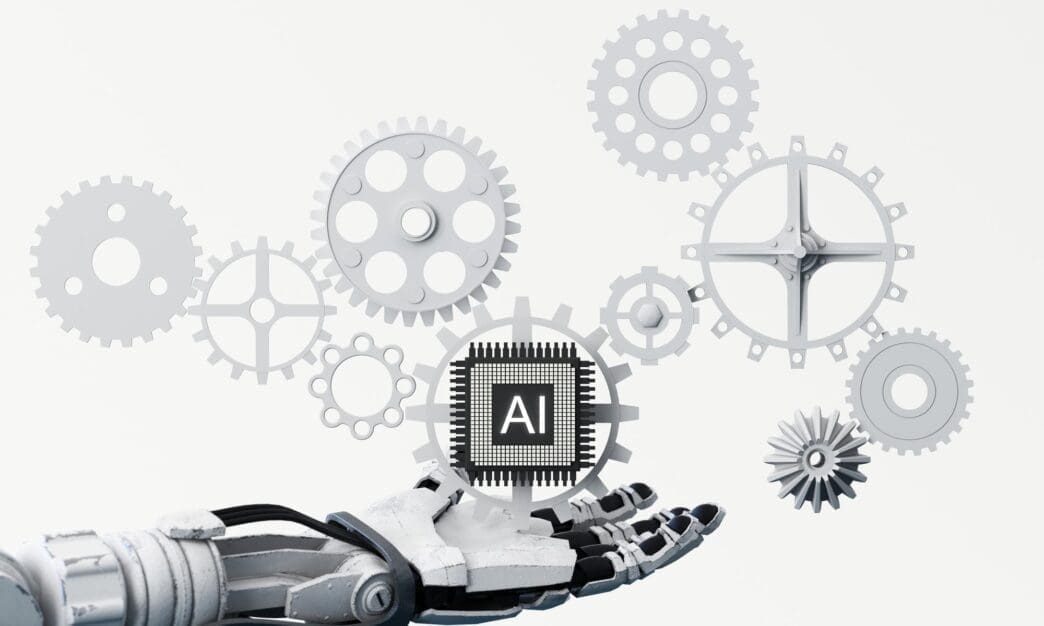The rapid evolution of artificial intelligence (AI) presents a dual vision for the future. AI tools, such as chatbots and research assistants, are expected to enhance efficiency and intelligence across various sectors. Conversely, there are concerns that these advancements may disrupt employment and societal structures, fueling ongoing debates about AI’s potential to either benefit or harm the world.
The discourse surrounding AI has been critiqued for being often flawed and misleading. Insights from philosophers highlight the importance of viewing the intersection of technology and human impact in discussions about AI development. This perspective underscores the need to address both technological advancements and their implications for society.
A significant aspect of the conversation about AI involves its perception as more than a tool; it is sometimes regarded as a new form of intelligence or a deity-like entity. This viewpoint raises risks, as it can detract from understanding the real-world applications and improvements that AI can offer. A more accurate approach is to view AI as a collaborative tool rather than as an independent being.
One notable challenge within the AI field is the design of large-model AI systems, which often obscure the origins of the data they utilize. This lack of transparency can impede quality control and hinder the detection of malicious uses. Viewing AI merely as an autonomous entity can lead to missed opportunities for enhancing its functionality.
Concerns about AI include its potential to exacerbate existing digital trends, such as detachment from the physical world and the creation of virtual personas. The increasing sophistication of AI algorithms may worsen the negative effects associated with social media, including misinformation and social division.
As AI continues to develop, establishing a sustainable business model for its integration into society is becoming increasingly important. There are proposals for systems that recognize and compensate contributors to AI data, which could promote a collaborative and creative environment. Such an approach has the potential to lead to improved AI models and a more equitable distribution of benefits.
The Tangible Impact
- AI’s potential to streamline tasks and improve efficiency may lead to significant changes in various industries, potentially altering job markets and career landscapes.
- The perception of AI as a sentient entity could influence public opinion and policy, impacting how technology is integrated into daily life and governance.
- As AI systems become more advanced, concerns about data privacy and misuse may increase, prompting calls for better regulatory frameworks.
- The role of AI in education could reshape learning environments, emphasizing the need for creativity and adaptability in AI-driven curricula.
- AI-driven social media algorithms may continue to influence societal interactions, highlighting the need for ethical considerations in technology design.
In conclusion, the conversation around AI is complex and multifaceted, requiring ongoing dialogue and thoughtful consideration of its implications for society. While AI offers promising advancements, it also necessitates a reevaluation of how technological progress aligns with human values and needs.








